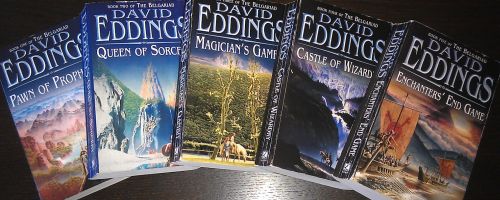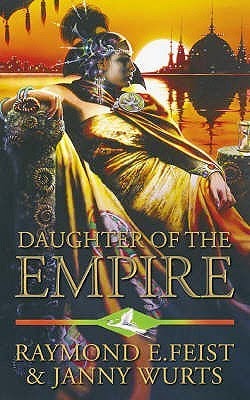
In the Dragon’s Den: Interview with Steven Erikson
TCD: Firstly I would like to thank Steven Erikson for agreeing to be the second author (and second Malazan author) to undergo my clumsy attempts to master the technique of interviewing. So thank you Steve for doing this.
SE: Just release all the funds you stole from my bank account and we can call it even.
TCD: You promised that you wouldn’t mention the financial blackmail. Anyway, it seems like you are going to have a busy year of releases as you have Fall of Light (Book 2 of the Kharkanas Trilogy) coming out this month and a new Bauchelain and Korbal Broach Novella Fiends of Nightmaria about to release from Subterranean Press. Oh, and you also have Willful Child 2: The Wrath of Betty coming out this year as well. But before we get started on that, I did have a couple of questions about the Malazan world and series in general if you don’t mind doing it that way around?
I recently posted an article about Worldbuilding and the Malazan World and I called your writing and world feminist. I know critics are supposed to assume the author is dead and ignore their perspective, but I figured that given we were speaking I would ask your opinion on it and get some answers from the horse’s mouth. It seems like too good an opportunity to miss. So did you read the article, and if so, what are your thoughts?
SE: Yes I read the article and yes, of course I consider myself a feminist, in that I believe in equal opportunity for women and men, and that I continue to see all around me the persistent oppression of an intrinsically patriarchal society, and, finally, that the Malazan universe Cam and I created was explicit in its addressing that particular issue. It was also consciously colour-blind. To be honest, I am somewhat astonished that anyone would think otherwise of me. One of the first things we realized in creating the Malazan world the way we did, was that we would not sign-post these fundamental shifts away from the real world. After all, no-one in that world thinks about it either way. It’s not a point of debate, period. That said, it’s not, strictly speaking, an egalitarian world. To be egalitarian in the proper sense would require doing away with class divisions, entrenched and institutional disparity of wealth (and anyone who would argue that our disparity of wealth is not institutional needs to open their eyes), and systems of exclusion. We weren’t interested in a Utopian vision. The Malazan world is a messy world, a world of vast inequalities (at least on the surface, with, say, a lowly thief on one side and a god on the other) and injustices. Which is why a central theme to the novels relate to an argument in efficacy or potential efficacy, an assertion that someone like that lowly thief can turn the tables, can take down a god and change the world. We were writing about agency and the power to change the world, one small gesture at a time. Was that an idealistic notion? Depends on how cynical you are.
It was interesting that in your essay you drew on the SF ‘what if’ premise when describing our approach to creating the Malazan world. Personally that’s not surprising, since Herbert’s Dune was a huge inspiration for me, especially with how the first novel, Gardens of the Moon, was structured. Dune drops you into the middle of a story. I liked that. I stole it. I guess I didn’t do as well with it as Herbert did; or maybe the Fantasy genre readership was more resistant to that approach (though Glen Cook’s Black Company did the same). Probably the former over the latter. Anyway, one could easily write an essay on the parallel structure between Gardens and Dune; it’s all there, right down to epitaphs and quotes opening chapters.
Back to the feminism thing. Unquestionably there has been a strange backlash to the notion. Even the word has become pejorative. It seems to me the only way to fight that is to identify directly with the label, not defensively, but matter-of-factly. I admit that when I hear someone speaking against Feminism, I am dumbfounded. If only in the name of fairness, and how can one argue against fairness? Apparently, one can, and some do. For me, I don’t get that and I’ve yet to see an argument raised against feminism that isn’t self-serving and specious.
Continue reading →










